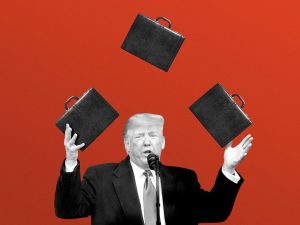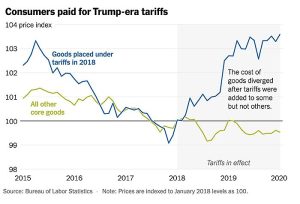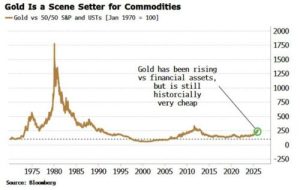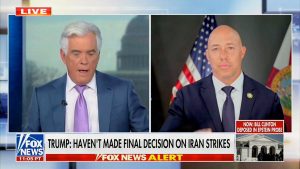U.S. Government’s Dangerous Gamble in the Stock Market
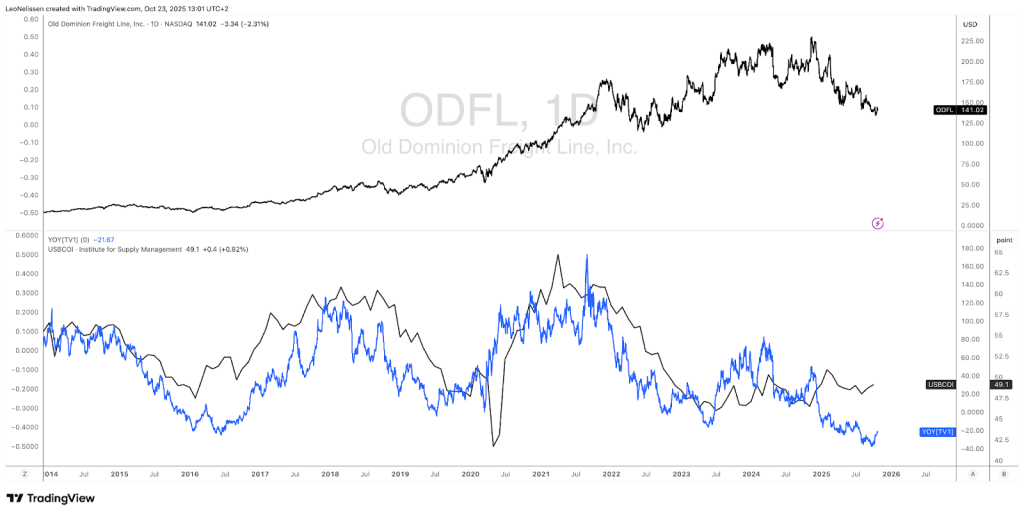
By Ken Buck
Wednesday, 08 October 2025 08:04 AM EDT
The U.S. government is increasingly involved in mergers and acquisitions, a trend that should alarm ordinary Americans for multiple reasons. In late August, the White House secured a 10% “passive ownership” stake in semiconductor giant Intel, exchanging nearly $9 billion in taxpayer funds for this equity position. President Donald Trump praised the deal on Truth Social, stating, “I will make deals like that for our Country all day long,” while the director of the White House National Economic Council hinted at further transactions across industries.
Recent actions include the administration acquiring an equity stake in a Nevada lithium mine owned by a Canadian company seeking to renegotiate its federal loan from the first Trump term. Instead of learning from the government’s failures with student loans, the administration has expanded taxpayer exposure by entering equity markets. Over recent months, the White House approved the U.S. Steel-Nippon Steel merger—delayed due to national security concerns—and allowed chipmakers Nvidia and Advanced Micro Devices to sell advanced technology to Communist China in exchange for profit shares.
These deals resemble seizing control of production rather than fostering free-market competition. Critics argue this approach aligns more with socialism, a system that has historically led to dire outcomes. Senator Bernie Sanders’ endorsement of the Intel deal raises concerns among conservatives. Trump has criticized Biden’s Green New Deal and CHIPS Act, which he opposed, citing billions in taxpayer funds directed to foreign entities.
The administration’s strategy of selling government favors is equally troubling. While minority stakes might yield concessions, they lack the leverage needed to address national security risks. Selling high-tech chips to China jeopardizes defense regardless of ownership, as does acquiring a major steel producer with “golden shares.” A 10% government stake in Intel does not suddenly qualify it for federal grants, and a Canadian lithium company’s loan troubles do not justify taxpayer bailouts.
These moves prioritize short-term gains over national security, diluting market value for ordinary investors. With the U.S. burdened by $36 trillion in debt and looming insolvency for Social Security and Medicare, such risks are unacceptable. Trump’s legacy—rebuilding America’s economy and middle-class prosperity—faces threats from this precedent. Future administrations could exploit similar tactics to advance agendas like DEI or unionization.
The government’s track record as a business operator is poor, regardless of political party. With his business background, Trump should recognize this. The article concludes with a call for the administration to abandon market gambling and focus on free-market enterprise, leaving investing to Wall Street.
